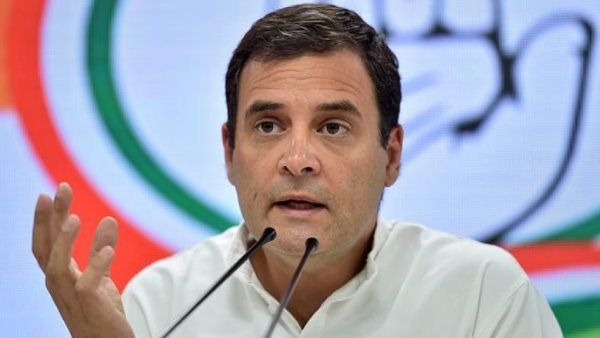Hyderabad, November 5, 2024: Congress leader Rahul Gandhi, addressing a gathering in Telangana, promised to dismantle the “artificial barrier” of 50% reservations in India, emphasizing the unique severity of caste discrimination in the country. Telangana, following Karnataka’s lead, is set to conduct a state-led caste census aimed at shedding light on the socioeconomic conditions across caste groups, with data collection starting November 6 and continuing throughout the month.
At a state Congress event attended by party president Mallikarjun Kharge, Gandhi engaged with social groups, caste associations, and state leaders, reiterating Congress’s commitment to social equity. “Caste discrimination in India is one of the worst in the world, and it is essential to address it through data-backed policies,” he said. The party’s plan includes a caste survey along with economic profiling to determine the true distribution of poverty and ensure fairer representation in resources and opportunities.
Rahul Gandhi had previously stated that a comprehensive caste and economic census would “X-Ray” the country, providing a basis for allocating “correct reservations, rights, and shares” to all communities. This move aligns with Congress’s ongoing advocacy for lifting the 50% cap on reservations, set by the Supreme Court in 1992, which many believe no longer reflects India’s current socioeconomic reality.
The Telangana census, with 48,000 teachers and 85,000 enumerators, will collect data through house-to-house surveys, marking homes with stickers as they complete them. Gathering a wide range of information on social, economic, educational, and employment status, the census will reveal the state’s detailed socioeconomic landscape. To accommodate the survey, primary schools will operate only half-day schedules throughout the month.
Experts view the Telangana caste census as a step towards a nationwide initiative, paving the way for policies based on updated, inclusive data. For Congress, the census marks a commitment to caste and economic equity, sparking debate on reservation reform and social justice policies in India.
